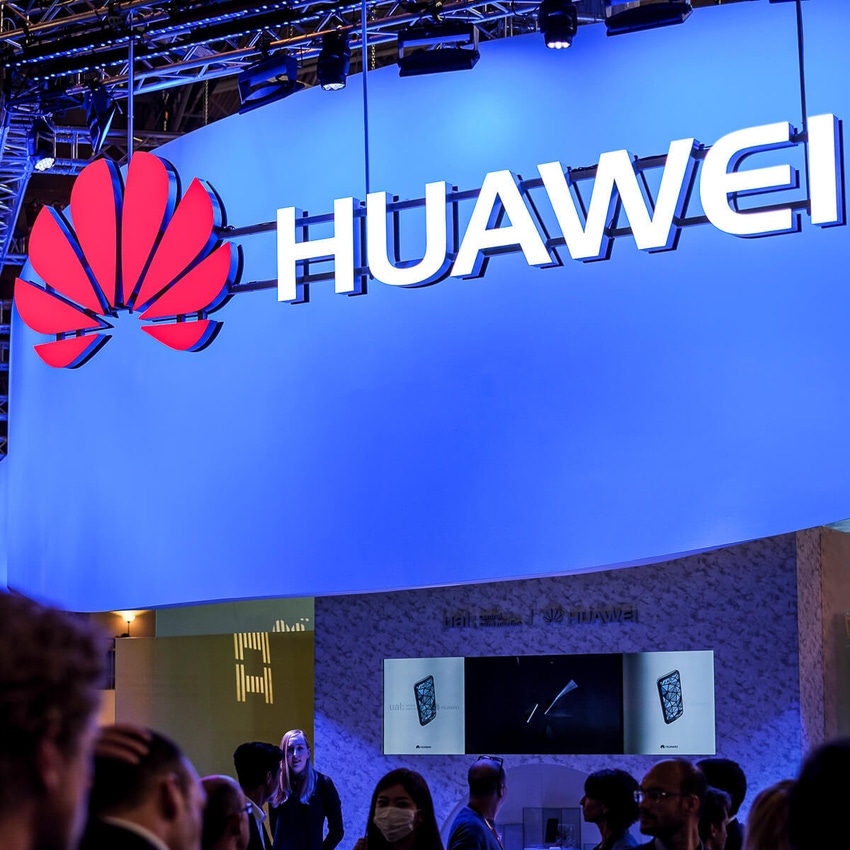Huawei offloads x86 business as it chases self-sufficiency
In yet another shift away from its traditional hardware business, Huawei has sold its x86 server unit to a state-owned Chinese firm.

In yet another shift away from its traditional hardware business, Huawei has sold its x86 server unit to a state-owned Chinese firm.
China company registration data confirms that the sale to Henan Information Industry Investment Co. Ltd., owned by the Henan provincial government, concluded on November 5. The size of the transaction has not been disclosed.
Huawei's server business, like its once high-flying handset division, has been hit badly by US sanctions, which prevent it from obtaining the Intel chips that power 90% of the world's servers.
Figure 1:  All change: This latest spin-off is the latest move in Huawei's attempts to right the boat following US sanctions, and government ordained self-sufficiency.
All change: This latest spin-off is the latest move in Huawei's attempts to right the boat following US sanctions, and government ordained self-sufficiency.
(Source: Karlis Dambrans on Flickr, CC 2.0)
The vendor flagged the possibility of a sale at a company event six weeks ago.
Eric Xu, one of Huawei's three co-chairmen, acknowledged the server unit had "encountered difficulties" and said Huawei was in discussions with some potential investors.
Cut your losses
A year ago, Huawei offloaded its mid-range handset business Honor to a local group for $15 billion. Honor has rebounded to become China's number three smartphone player, while Huawei's remaining device business is struggling because of its lack of high-end chips.
The disposal of the server unit might have been forced, but it also means Huawei is exiting a low-margin market contested by several other Chinese brands.
Globally, Huawei ranked equal fifth in server shipments with a 4.2% share in Q1, according to IDC. But in Q2 it had fallen outside the top five in both units shipped and revenue, with HPE/H3C and Dell tying for first place, followed by Inspur, Lenovo and IBM.
In its home market, Huawei was third in server sales in the first half, with an 11.2% share behind Inspur (30.5%) and H3C (17.1%), according to IDC.
The China market was worth $10.8 billion for the period, up a healthy 12%, yet tellingly it is even more heavily weighted to x86 than the worldwide market, with Intel chips accounting for 97% of sales.
That underlines just how far Huawei and other tech giants have to go to achieve the technology self-sufficiency that government and industry are seeking.
Going in-house
Huawei launched the ARM-based Kunpeng chip series in early 2019, saying at the time it would be primarily for big data and cloud. It has also developed the Ascend series for industrial AI.
Deng Taihua, a Huawei vice president, says the goal is now to build out new computing ecosystems around Kunpeng and Ascend, the 21st Century Business Herald reported.
Interested in Asia? Check out our dedicated content channel here on Light Reading.
Besides semiconductors, Huawei has also created the EulerOS, based on a Linux kernel and optimized for ARM64 architecture, to power cloud and enterprise computing.
Tencent and Alibaba are also working on ARM-based chips.
Alibaba, China's cloud leader, last month released its self-developed Yitian 710 processor to power its operations, while Tencent has developed the Xuanling chip for servers as well as AI and video processing chips.
Related posts:
— Robert Clark, contributing editor, special to Light Reading
Read more about:
AsiaAbout the Author(s)
You May Also Like












